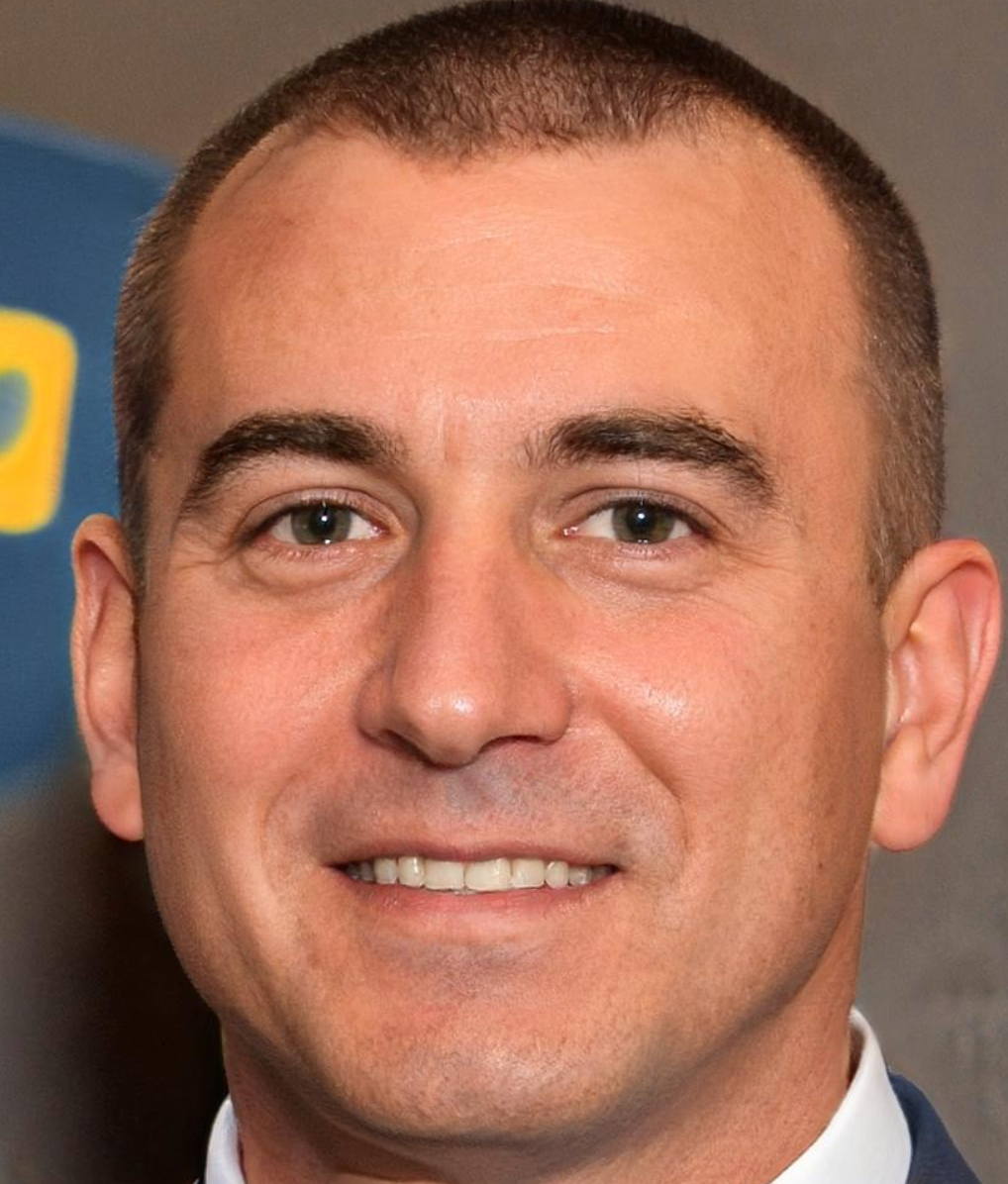Arkansas Now Ranks 4th Nationally for Opioid Use Disorder Diagnoses, New Data Shows
LITTLE ROCK, Arkansas — New national data reveals Arkansas has the fourth-highest rate of opioid use disorder (OUD) diagnoses in the United States, underscoring the state’s ongoing struggle with addiction and access to treatment.
Sharp Rise Since the Pandemic
According to FAIR Health’s Opioid Abuse Tracker, Arkansas has seen a 40% increase in opioid use disorder diagnoses since 2020, one of the largest jumps in the country. Analysts attribute the surge to limited long-term care options, especially during and after the COVID-19 pandemic.
Many patients seeking treatment were unable to access inpatient recovery programs or sustained therapy, leading to relapses and higher dependency rates statewide.
“They tried getting sober, but without resources to maintain long-term recovery, they went back to what they knew,” said Michelle Strahan, a recovering opioid user who now works as a case manager at Serenity Park Recovery Center in Little Rock.
A Story of Recovery and Hope
Strahan said her addiction began when she was 17 years old, starting with prescription painkillers. Like many, she transitioned to stronger substances as her dependency grew.
“My dealer stopped selling pills and started selling fentanyl,” she recalled. “I was doing opiates in some form for about ten years.”
In 2021, Strahan overdosed, an experience that became her wake-up call.
“I’d never overdosed before, and it really scared me. That was the day I decided to get help. I haven’t used any opiates in over three years now.”
Barriers to Treatment Persist
Despite growing awareness, treatment remains out of reach for many Arkansans. Strahan said insurance limitations and funding cuts continue to block people from entering recovery programs.
“You can’t get coverage through the state anymore,” she explained. “I’ll have someone desperate to come into treatment, but their deductible or out-of-pocket cost is too high.”
Advocates are urging state and federal lawmakers to expand addiction support funding and lower insurance barriers to ensure more people can receive consistent care.
‘You’re More Than a Statistic’
For those still struggling, Strahan offers a message of hope:
“They are worth it. They’re more than a number or a statistic — and there are people waiting to help them.”
State health officials encourage anyone battling addiction to reach out to the Arkansas Mental Health and Addiction Support Line at (844) 763-0198 for immediate assistance.
For more Arkansas health updates, addiction awareness coverage, and community recovery stories, visit NapervilleLocal.com.

I’ve lived in Naperville long enough to see how quickly our community changes — from new developments downtown to sudden shifts in our Midwest weather. Reporting on Naperville news and daily forecasts gives me the chance to keep neighbors informed about what really matters. My goal is simple: deliver clear, timely updates so you always know what’s happening in our city and what to expect from the skies above.

